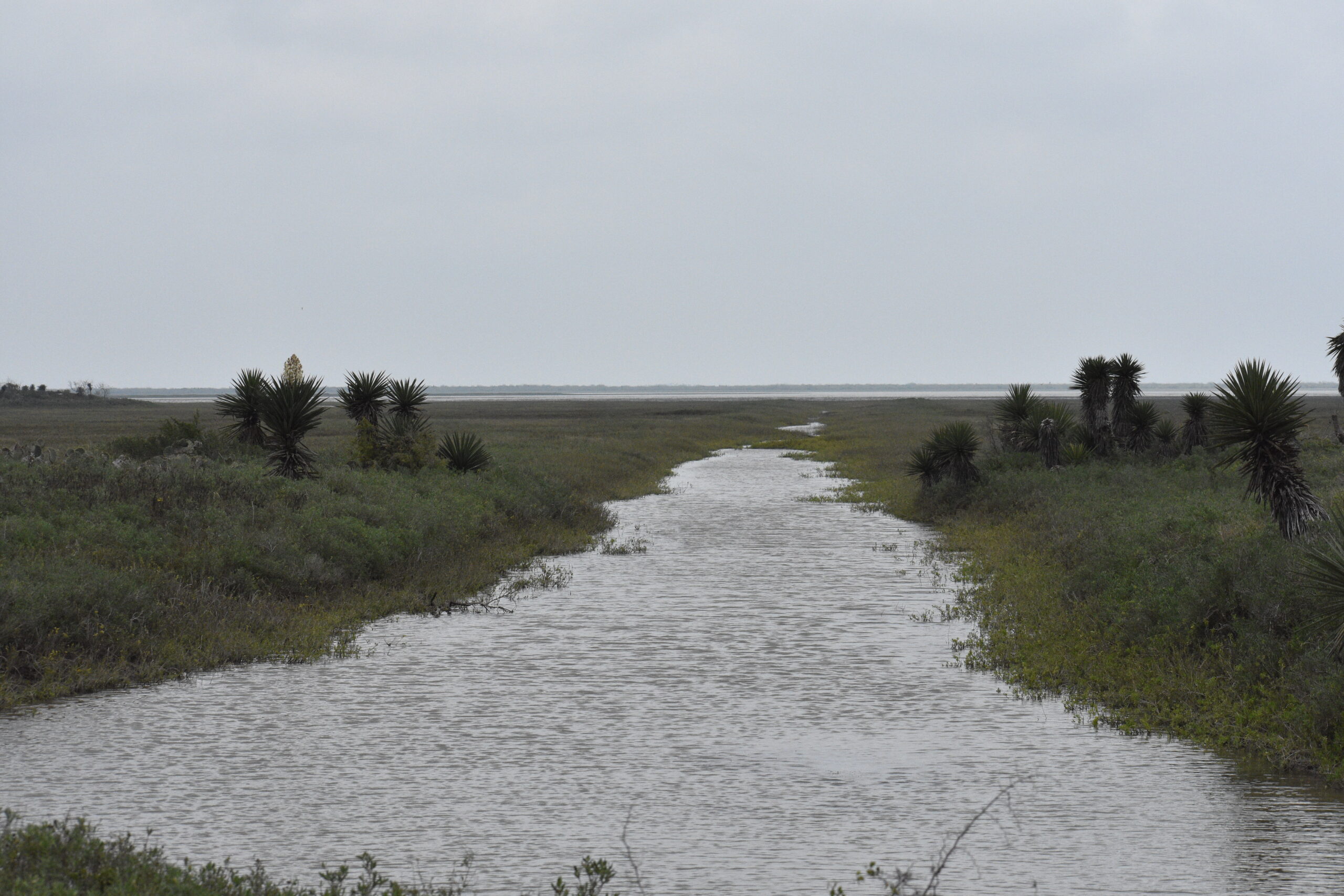TotalEnergies invests in controversial Rio Grande LNG
The French oil giant announced a significant investment in Rio Grande LNG, which could push the U.S. project forward into construction. As Gas Outlook previously reported, the project poses environmental risks to the Texas coast.

On June 14, TotalEnergies announced that it has acquired a 17.5 percent stake in NextDecade, a company aiming to build an LNG terminal on the southern Texas coast. The deal could be enough to solidify a final investment decision before the end of the month and move Rio Grande LNG forward.
TotalEnergies will take a direct 16.7 percent stake in the Rio Grande LNG project itself, along with a $219 million equity position in NextDecade. Total’s stake in NextDecade will come in three tranches; the first tranche of 5.06 percent was acquired on June 13 for $40 million.
The deal includes the agreement to buy 5.4 million tonnes per year (mtpa) of LNG from the first phase of Rio Grande LNG for a period of 20 years. That leaves Rio Grande LNG with 98 percent of its capacity under contract with buyers. A general rule of thumb is that project developers tend to feel confident issuing a final investment decision once they secure 80 percent of the capacity under contract.
The project aims to begin operations in 2027.
“Our participation in this project will add 5.4 million tonnes per year of LNG to our global portfolio, strengthening our ability to contribute to Europe’s security of gas supply and provide our Asian customers with an alternative fuel to coal that emits half its CO2 emissions,” Patrick Pouyanné, Chairman and CEO of TotalEnergies said in a statement.
The announcement is a “game changer” that “could help push NextDecade from the category of the many greenfield project dreamers, into the more rarified air of a fully financed greenfield development project,” Evercore ISI, an equity analysis firm, wrote in a note to clients.
NextDecade’s stock jumped by more than 30 percent on June 14 after news broke of the deal with TotalEnergies.
The news also comes just a few weeks after a contentious annual general meeting of shareholders in Paris. Inside the conference, shareholders rejected a resolution that would have urged stronger cuts to the company’s greenhouse gas emissions. Outside, police shot tear gas at protesters objecting to the French oil giant’s poor climate record and its continued expansion of oil and gas projects around the world.
Of note, Total is also building the East African Oil Pipeline, a project that is forcing thousands of people in Uganda and Tanzania off their land.
In 2022, TotalEnergies ranked third globally in terms of the volume of new oil and gas approved, according to Oil Change International, a climate NGO, which called Total’s climate pledges “grossly insufficient.”
The International Energy Agency has stated that to stay on track with a net-zero trajectory by 2050, no new fossil fuel projects can be approved. And according to the United Nations, the world needs to cut production of fossil fuels each year through 2030 to keep climate targets alive. The expansion of LNG will lead the world further off track.
TotalEnergies pointed to Rio Grande LNG’s proposed carbon capture and sequestration project as a way of reducing the facilities’ emissions. As Gas Outlook previously reported, that concept is light on details and rests on problematic assumptions about the viability of an expensive and unproven technology. Rio Grande LNG has also admitted in regulatory filings that the CCS component is “voluntary” and may not go forward.
Meanwhile, Rio Grande LNG poses local threats to the Texas coast, as Gas Outlook saw up close. The terminal will be built in an area rich in ecological value, home to one of the most important migratory bird corridors in North America. It also has a vibrant fishing and tourism industry that could come under pressure from LNG tankers and air pollution. If and when Rio Grande LNG comes online, it will be the largest source of air pollution in the Rio Grande Valley.
A coalition including the Sierra Club, City of Port Isabel, the Carrizo/Comecrudo Tribe of Texas and a local community group filed a request for rehearing with the Federal Energy Regulatory Commission in May, asking the agency to revisit its approval of the project that occurred a month before. The group argues that FERC did not do a proper environmental analysis of the environmental justice and climate threats of the project. In addition to being a huge source of carbon pollution, Rio Grande LNG will also spread air pollution into neighbouring communities that are low-income and minority communities.
FERC has 30 days to respond, but the agency has a long history of approving gas pipelines and export terminals.
